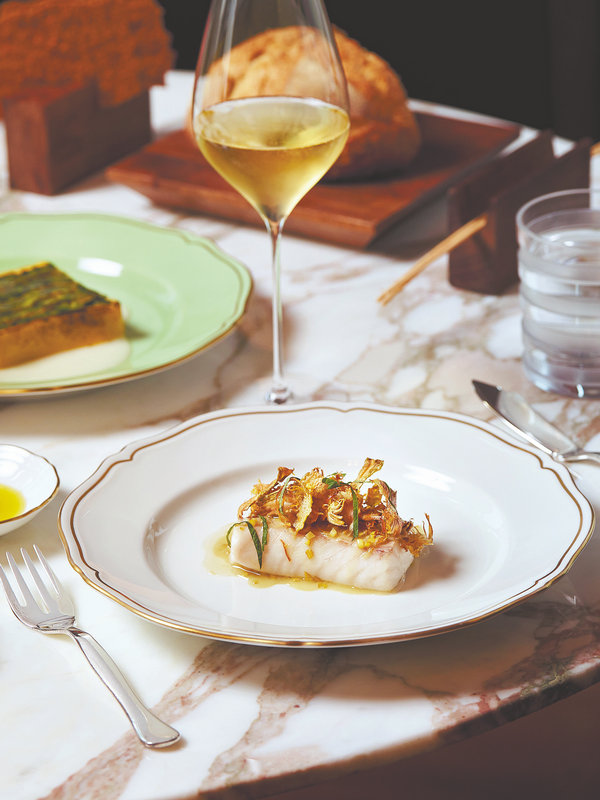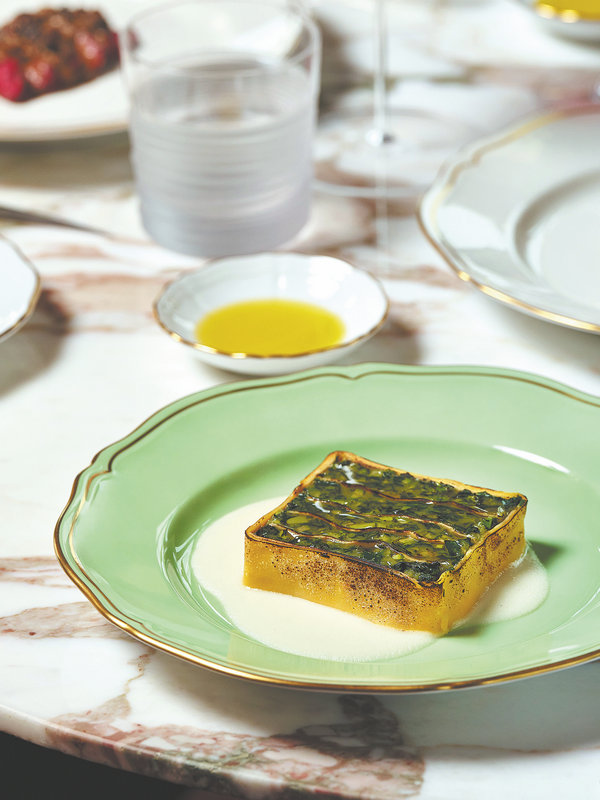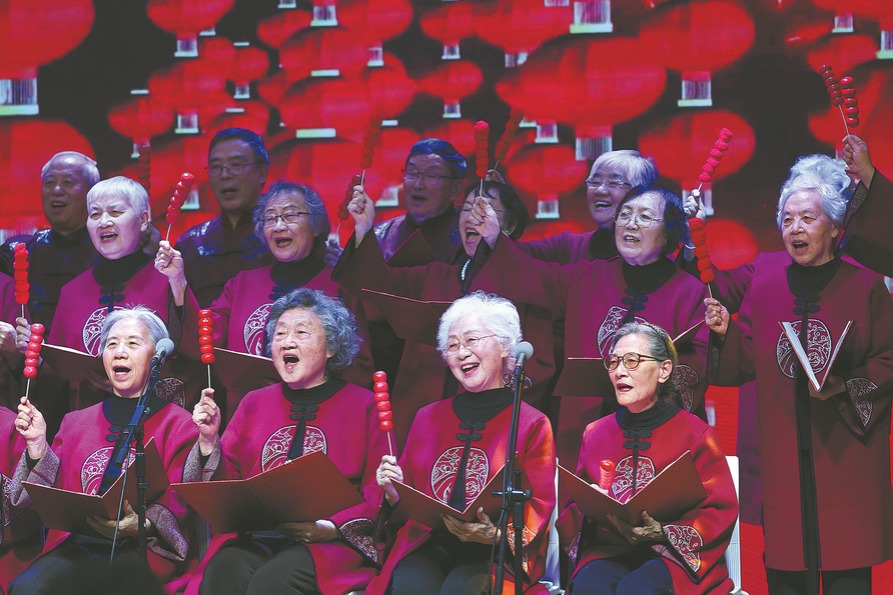Italian chef creates a culinary symphony using local ingredients


As the first blush of spring paints cities in soft hues, chef Niko Romito is once again redefining gastronomic borders at the Bvlgari Hotel Beijing and Shanghai. His latest spring menu, unveiled at the hotel's Il Ristorante — Niko Romito, is more than a seasonal offering, it's a testament to how fine dining can serve as a bridge between cultures, translating local ingredients into the universal language of flavor.
For Italian chef Romito, local ingredients are not mere commodities but dialects in a global culinary conversation.
This ethos is vividly expressed in dishes like Yellow Croaker with Artichokes and Mint in which China's prized yellow croaker — known for its delicate texture and light sweetness — meets Italy's artichokes, rendered in velvety purees and crispy textures. "When I discovered this fish, I immediately liked its taste and texture, and I wanted to combine it with the artichoke, widely used in Italy, especially in my region," he says.

The menu's Vegetable Lasagna with Spring Vegetables and Parmigiano Reggiano Sauce further illustrates this fusion. Handmade pasta sheets, reflecting Romito's Abruzzese (in central Italy) heritage, embrace layers of spring vegetables such as asparagus and peas held together by a Parmigiano Reggiano sauce that balances richness with delicacy.
"Spring offers a great variety of delightful vegetables: asparagus, peas, basil, spinach, the first zucchini," Romito explains. While the team has been extensively researching local ingredients to blend Chinese elements with Italian tastes. "It's a journey through authentic spring flavors, but it also tells the dialogue we have with the country hosting Il Ristorante — Niko Romito," he adds.
At the heart of Romito's philosophy lies the belief that authenticity and innovation are not opposing forces but complementary notes in a culinary symphony.
"To be authentic, you must be respectful toward traditions; innovation doesn't mean destroying but to keep building on some solid bases, eliminating and improving what can be eliminated or improved, giving even more strength to the values of tradition," he says. "Gastronomy shouldn't transmit only our past but also our present, and it can even anticipate the future."




































